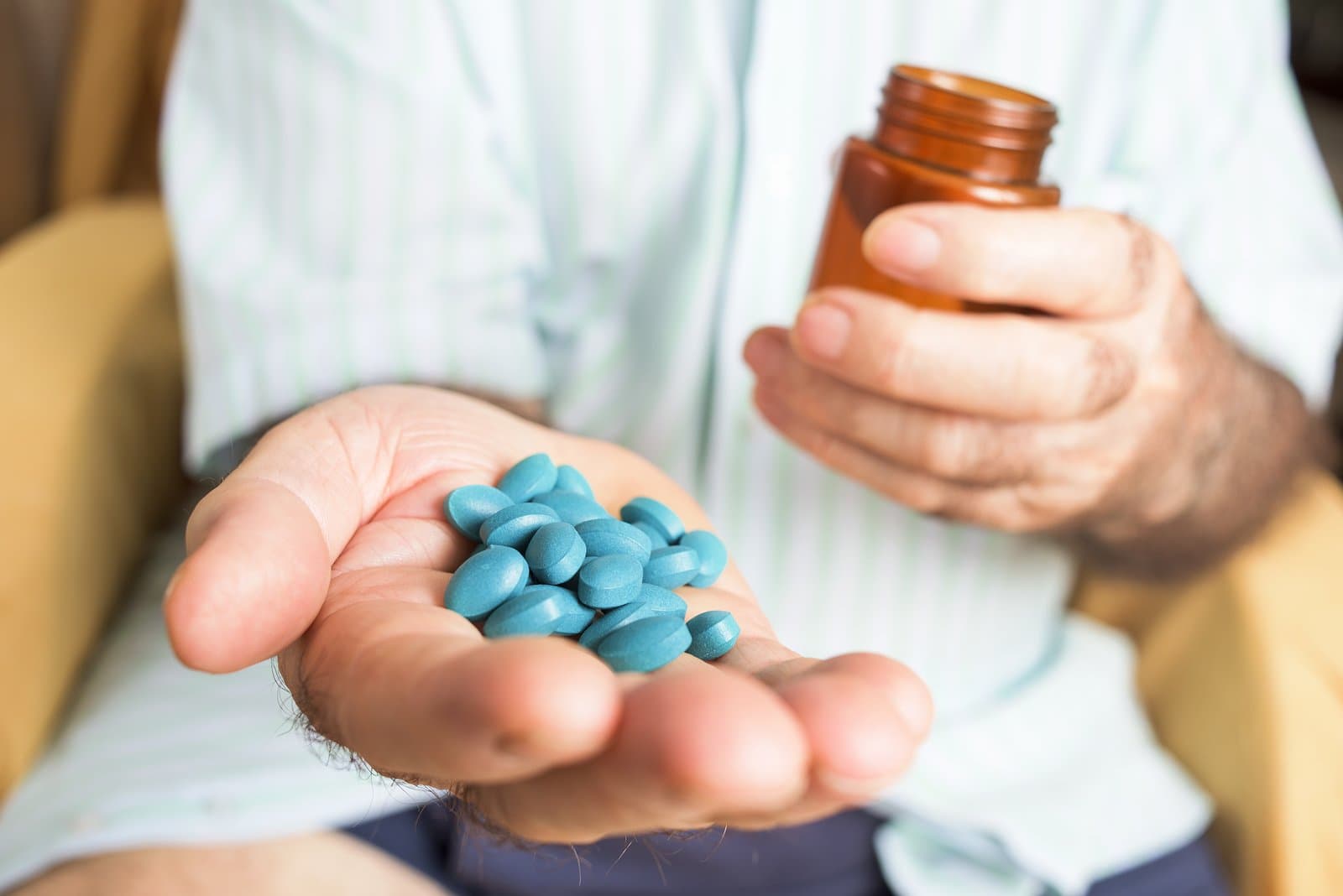Dr. JAVAID AHMAD
Self-medication, the practice of diagnosing and treating one’s own ailments without professional medical guidance, has become a growing concern in Kashmir. While accessibility to healthcare remains a challenge in certain areas, the rising prevalence of self-medication poses significant risks to public health.
Self-medication is often driven by factors such as cost constraints, lack of trust in healthcare professionals, and cultural beliefs. However, this practice can have severe consequences. First and foremost, inaccurate self-diagnosis can lead to incorrect treatment, exacerbating existing conditions or causing new health complications. Moreover, self-medication increases the risk of drug resistance, as individuals may misuse or overuse antibiotics, contributing to the growing global health crisis of antimicrobial resistance.
One of the major challenges in combating self-medication is the absence of a robust regulatory framework. The availability of prescription drugs without a prescription, over-the-counter drugs sold by unlicensed vendors, and the rampant sale of counterfeit medications contribute to the problem. Strict enforcement of existing regulations and the introduction of comprehensive policies to control the sale and distribution of medications are crucial to address this issue.
Improving healthcare infrastructure and accessibility is key to reducing the reliance on self-medication. There is a need for increased investment in healthcare facilities, especially in remote areas, to ensure that quality medical care is readily available to all residents. Additionally, comprehensive awareness campaigns should be launched to educate the public about the risks associated with self-medication, the importance of seeking professional advice, and the proper use of medications.
To discourage self-medication, it is imperative to enhance the quality and availability of professional healthcare services in Kashmir. This includes recruiting and training more healthcare professionals, ensuring their equitable distribution across the region, and establishing telemedicine services to reach underserved areas. Furthermore, public healthcare centers should be equipped with essential medications, reducing the need for individuals to resort to self-medication in emergencies.
Addressing the issue of self-medication requires collaborative efforts from government bodies, healthcare professionals, pharmaceutical companies, and the public. Authorities should engage in partnerships with healthcare providers and stakeholders to develop strategies aimed at curbing self-medication practices. The involvement of pharmaceutical companies in promoting responsible medication use and supporting awareness campaigns is crucial.
The prevalence of self-medication in Kashmir poses a significant threat to public health, necessitating immediate action. Strengthening healthcare infrastructure, implementing stricter regulations, and raising awareness about the risks associated with self-medication are vital steps to address this issue. By investing in healthcare services, enhancing professional healthcare delivery, and fostering collaborative efforts, Kashmir can mitigate the dangers of self-medication, ensuring the well-being of its residents and fostering a healthier future for the region.
(Author is pursuing PhD in Pharmacy and is a Health Columnist)








